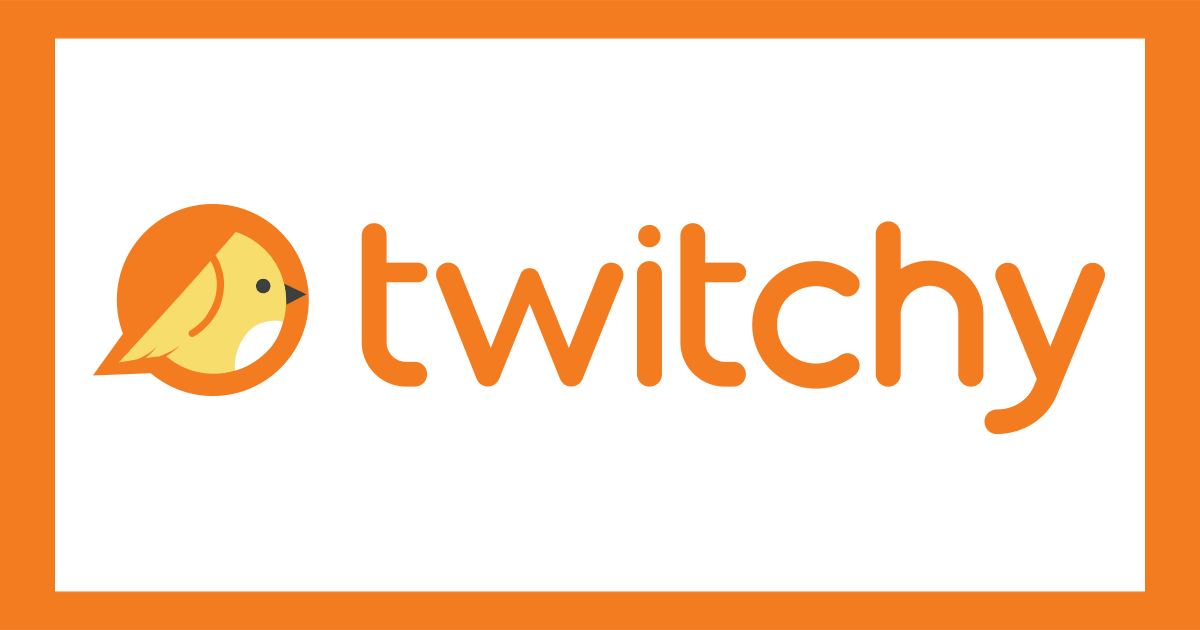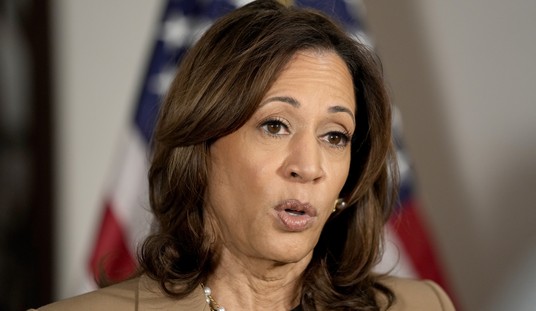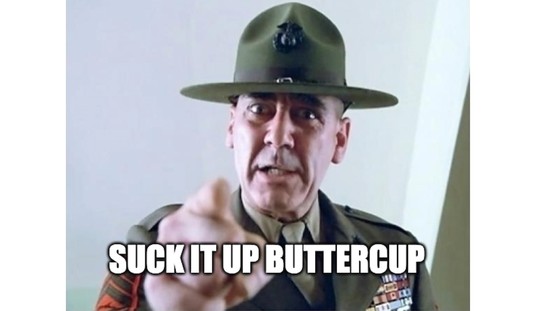There’s a Boston Globe article flying around #Resistance Twitter tonight that says students at Harvard Law School are reluctant to apply for clerkships with judged appointed by President Trump. This would be big news if it wasn’t bulls*it:
At Harvard Law, reluctance to apply for clerkships with Trump-appointed judges https://t.co/vWiPVxfMd5 via @BostonGlobe
— Christina Ginn (@NBChristinaGinn) January 10, 2020
Now, here’s what REALLY going on via Harvard Law Professor Jack Goldsmith.
THREAD ==>
1/ Much in this article is misleading or wrong. I cannot recount everything, but here are a few reactions. https://t.co/q3tY82Tu30
— Jack Goldsmith (@jacklgoldsmith) January 10, 2020
2/ Judges across the spectrum from right to left have grown more ideological in their hiring in the last 10-15 years (though really the practice, in a less intense way, goes back much further).
— Jack Goldsmith (@jacklgoldsmith) January 10, 2020
3/ I.e. progressive judges more and more tend to hire progressive students, and vice versa. Sorting out cause and effect is hard. And there are of course exceptions, but they are only exceptions.
— Jack Goldsmith (@jacklgoldsmith) January 10, 2020
4/ At the same time, students have sorted themselves more and more explicitly into left and right identifications: ACS or Fed Soc. The result is that it is easier for progressive judges to identify and hire progressive students, and vice versa.
— Jack Goldsmith (@jacklgoldsmith) January 10, 2020
5/ This sorting has grown more intense in the 15 years I've been at Harvard. FWIW, I hate this trend. It forces students to declare ideologies early when in fact they might have moderate, mixed, or nuanced ideological views, and it is bad for many other reasons as well.
— Jack Goldsmith (@jacklgoldsmith) January 10, 2020
6/ So it is not at all unusual for progressive students to take a pass on the new conservative CA9 Trump judges. In fact it is the norm. Application patterns have reflected sorting of students and judges by ideology for a while.
— Jack Goldsmith (@jacklgoldsmith) January 10, 2020
7/ The question is: Why didn’t conservative students apply to Dyke and Pitlyk when Harvard posted? I do not know for sure, but I doubt the reason was that they were worried about clerking for Trump judges, or that they took seriously the progressive ABA’s “not qualified” rating.
— Jack Goldsmith (@jacklgoldsmith) January 10, 2020
8/ The probable answer, instead, is that just about every conservative student at Harvard who is in a position to apply already has a great clerkship for the year in question. (There might be other benign reasons as well – west coast, etc.)
— Jack Goldsmith (@jacklgoldsmith) January 10, 2020
9/ Due to the sharp spike in conservative federal judges under Trump, the relatively few conservative students at Harvard have an extraordinary array, a large oversupply, of clerkship opportunities.
— Jack Goldsmith (@jacklgoldsmith) January 10, 2020
10/ I get calls all the time from Trump judges asking for help identifying clerks. The demand for conservative Harvard law students is much greater than ever. Far from being “reluctant,” as the Globe said, my conservative students are very keen to work for Trump judges.
— Jack Goldsmith (@jacklgoldsmith) January 10, 2020
11/ Alas, my typical answer to these judges is: “Sorry, all the relevant students I know already have a clerkship that year.”
— Jack Goldsmith (@jacklgoldsmith) January 10, 2020
12/ The problem with the current clerkship system is not that students are shying away from conservative judges in any unusual way. The real problem is that the large majority of progressive students in law school are chasing a shrinking pool of progressive judges.
— Jack Goldsmith (@jacklgoldsmith) January 10, 2020
13/ As I wrote about here, https://t.co/ys4AWxdKFb, the problem is exacerbated by the Clerkship Hiring Plan, which (in practice) requires progressive students to wait 2 years before applying, only to find that some progressive judges have filled slots with 3L or grads.
— Jack Goldsmith (@jacklgoldsmith) January 10, 2020
14/ The shrinking pool of clerkships for progressive law students is also unfortunate, but it results from the impact of the hiring plan, the overwhelming progressive tilt in the student body, and the dwindling pool of progressive judges.
— Jack Goldsmith (@jacklgoldsmith) January 10, 2020
***
























